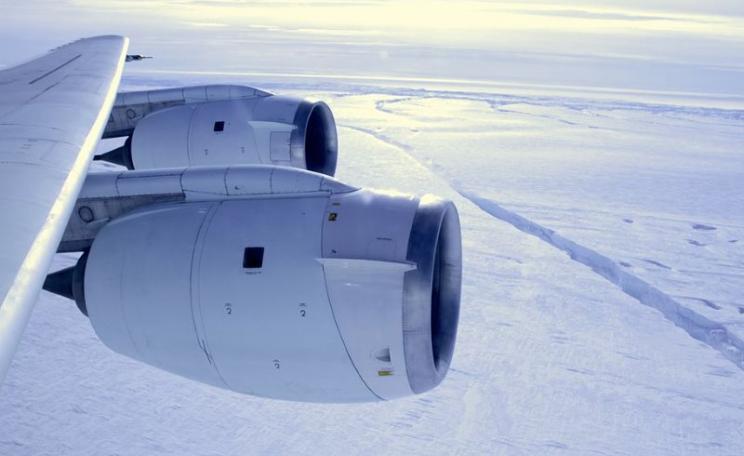Expanding Heathrow airport will result in a loss to the economy of £5 billion and lock the UK into a high carbon future, says a report from an independent thinktank.
The Government gave the green light for a third runway in January 2009, saying the economic benefit of the expansion to the economy would be £5.5 billion.
However, a report by the New Economics Foundation (nef) says this calculation did not take full account of all social and economic impacts and ignored the cost of additional noise and poorer air quality, congestion and community blight.
After taking account of these costs, the net result would be a £5 billion loss, nef argues.
The nef report says a worse-case scenario could put the economic loss at £7.5 billion. This is because it says the Department of Transport (DfT) based its original calculations for the cost benefit analysis of the expansion on outdated estimations for the price of oil, overestimated efficiency gains and a previously high sterling-dollar exchange rate.
White elephant
Co-author Eilis Lawlor said the project could quickly become another 'white elephant'.
'Historically, governments have often overplayed the economic arguments in favour of big infrastructure developments such as airport and road expansion. Many countries are strewn with ‘white elephants’ - costly development schemes of highly questionable value that began life with the force of apparently robust economic argument behind them,' he said.
The nef report also says the expansion clashes with the UK's targets for reducing greenhouse gas GHG emissions by 80 per cent below 1990 levels by 2050. As part of these targets the aviation industry is required to emit no more CO2 in 2050 than it did in 2005.
'Even if the industry achieves the target for emissions in 2050, by then it will account for at least a quarter – and possibly as much as three-quarters – of the UK's entire emissions budget,' says the nef report. Heathrow currently accounts for 46 per cent of the UK aviation's GHG emissions with 66 million passengers passing through the airport every year.
The Government has argued efficiency improvements will allow this figure to be cut. But its own independent advisors, the Committee on Climate Change (CCC), has said technological changes alone - such as biofuels or engine efficiency - would not be enough to meet the aviation emissons target. It said passenger demand for flights would need to be curbed.
The third runway at Heathrow is expected to open in 2020 and increase flights by 25 per cent a year.
The Conservatives, Liberal Democrats and the Green Party have all pledged in their election manifestos to cancel the planned expansion, as well as any other new runways at Stansted or Gatwick.
Useful links
New Economics Foundation
The Department of Transport (DfT)
| READ MORE... | |
 |
NEWS Government ignoring true cost of Heathrow The Government is ignoring its own figures on the true carbon cost of building a third runway, say Liberal Democrats |
 |
NEWS Short haul flights not the problem says climate watchdog Long haul leisure flights the main driver of aviation emissions, says report that believes Heathrow airport can be expanded without breaking the UK's carbon emissions targets |
 |
INVESTIGATION Can flying ever be green? Soaring fuel prices and stratospheric carbon emissions bode ill for the aviation industry. Is flying beyond redemption? Mark Anslow tries some blue-sky thinking |
 |
NEWS Air pollution death toll could hit 50,000 a year, say MPs UK’s poor air quality is a bigger killer than passive smoking, road traffic accidents and obesity says parliamentary committee |
 |
GREEN LIVING Dilemma: How do you define unneccesary travel? With plane, train and automobile emissions still increasing, are we being honest with ourselves about how and how often we travel? Matilda Lee looks at the bare necessities of transport |








